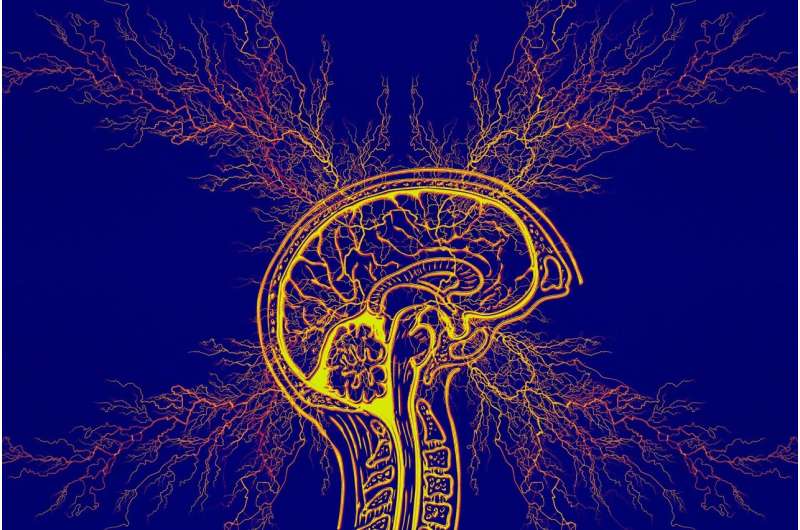This article has been reviewed according to Science X's editorial process and policies. Editors have highlighted the following attributes while ensuring the content's credibility:
fact-checked
peer-reviewed publication
proofread
High genetic risk of attention deficit hyperactivity disorder suggests possible health consequences

Attention deficit hyperactivity disorder (ADHD) is closely linked to a person's mental and physical health and is often accompanied by a range of health problems in patients. Researchers at the University of Tartu found that this is also true for people who do not have a confirmed diagnosis but are at high genetic risk of developing ADHD. The study was published in the journal Psychological Medicine in early April.
ADHD is a childhood-onset neurodevelopmental disorder diagnosed more often in boys than in girls. It often persists into adulthood, but is frequently underdiagnosed in adults. ADHD is characterized by excessive hyperactivity, impulsivity and concentration difficulties.
It is known from previous studies that ADHD is associated with a wide range of diseases that have a significant impact on people's quality of life. However, comorbid health problems have not been widely studied in undiagnosed people.
Researchers at the Institute of Genomics of the University of Tartu used data from more than 111,000 Estonian Biobank participants to examine the association between genetic risk for ADHD and all diagnoses in the Health Insurance Fund database between 2004 and 2020. In total, 80 medical diagnoses were found to be associated with high genetic risk of ADHD, corresponding to previous studies of people with ADHD.
"While associations between ADHD diagnosis and comorbid health problems have been investigated in the past, our study shows that these diseases are also more common in people with a high genetic predisposition to ADHD. This makes it all the more important to timely detect and treat the onset of ADHD symptoms and the possible problems they cause, as they have a significant impact on health throughout a person's lifetime," explained one of the authors of the study, Kelli Lehto, Associate Professor of Neuropsychiatric Genetics at the University of Tartu.
"It was also interesting that we found quite similar associations for both males and females, although boys are significantly more often diagnosed with ADHD. This shows that apparently ADHD often goes unnoticed in women, but they are still plagued by associated health problems," added Elis Haan, Research Fellow in Psychiatric Genetics at the University of Tartu.
According to the researchers, some of the associations found may be explained by the above-average impulsivity and unhealthy lifestyle associated with ADHD. This can drive, for example, more frequent tobacco and alcohol use, as well as impulsive eating behavior, which can lead to obesity, type II diabetes, heart diseases, lung diseases or inflammation.
"Today, ADHD is still strongly undiagnosed in the adult population. The association of ADHD genetic predisposition with numerous health conditions suggests that attention should be paid to the possibility of undiagnosed ADHD in certain health problems," explains Tuuli Sedman, a psychiatrist at the Psychiatry Clinic of Viljandi Hospital.
Particular attention should be paid to girls and women, who, according to genetic risk analysis, have the same prevalence of ADHD-related diseases as men. Researchers admit that at present, diagnosing ADHD is still quite a time-consuming process. However, research so far gives hope that in the future its diagnosis could become quicker and more accurate thanks to personalized genetic risk assessment.
More information: Elis Haan et al, Associations between attention-deficit hyperactivity disorder genetic liability and ICD-10 medical conditions in adults: utilizing electronic health records in a Phenome-Wide Association Study, Psychological Medicine (2024). DOI: 10.1017/S0033291724000606





















